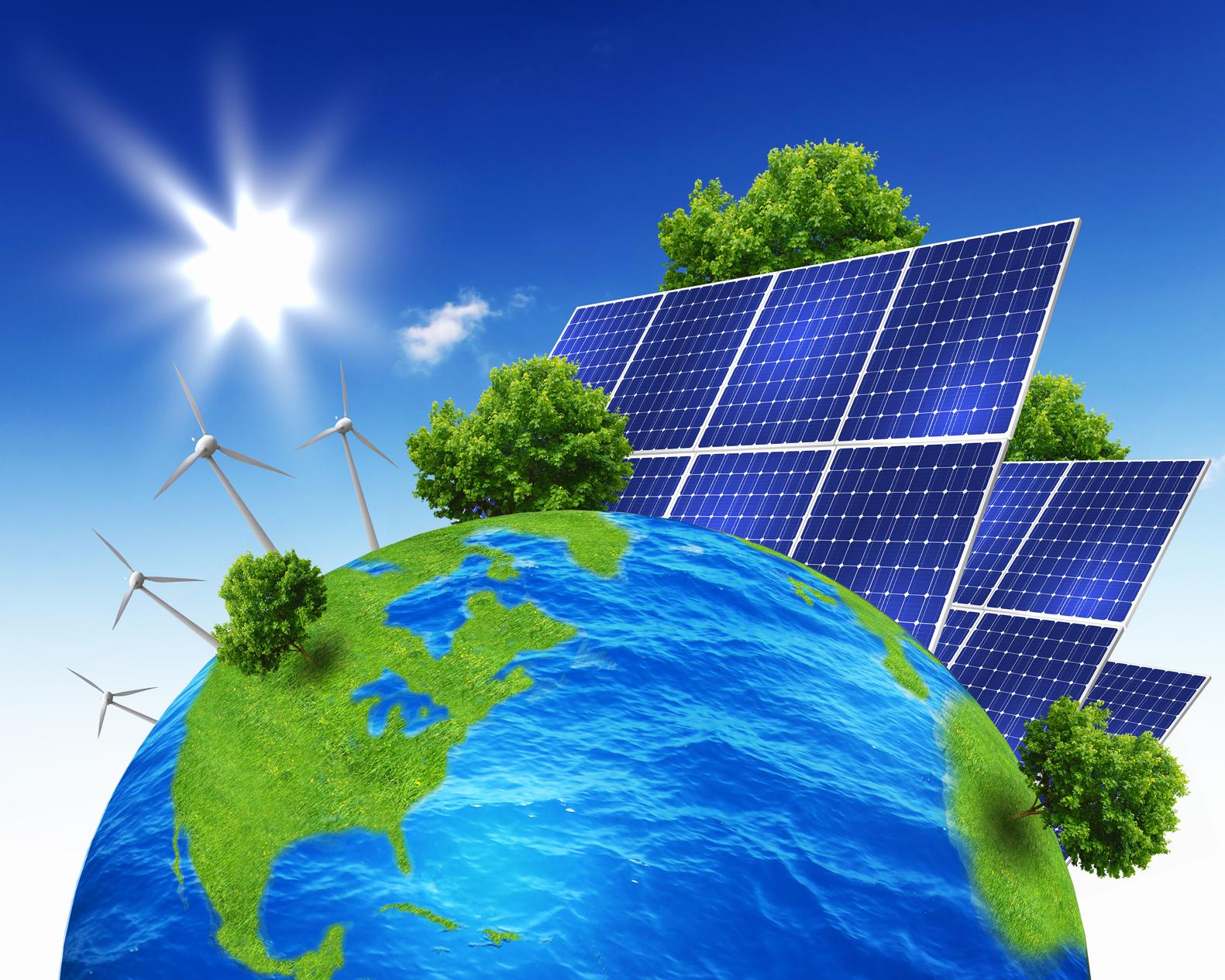According to a new energy industry report, renewable sources of power will account for about 85% of all global electricity generation by 2050.
The report also predicts that nearly one-third of all electricity supply will emanate from solar PV by the same period of time.
The report dubbed ‘Energy Transition Outlook 2017’, was produced and shared by DNV GL—a renowned quality assurance and risk management consultancy to the complex energy industry.
DNV GL provides services to both the fossil fuel and renewables sectors. The company believes this uniquely positions them to offer an unbiased analysis of the global energy image.
Major findings of the new report:
The report says by 2020:
The world will shift to embrace more renewables without increasing its expenditure on energy.
By 2025:
Crucial energy supply sources will peak leading to a rapid acceleration in the uptake of renewable energy sources.
By 2030:
- Global energy demand and consumption will stabilise due to increased efficiencies.
- A steady progress towards the UN Sustainable Development Goal of affordable and clean energy for all will be experienced.
By 2035:
- Nearly half of cars sold around the globe will be electric – which are usually four times more efficient than combustion engines.
- Gas will become the largest source of energy in the world. However, it will peak at 2040 then drop.
By 2041:
- The 2°C ‘carbon budget’ will finally be exhausted. What this means is that in the absence of focused action, global warming of 2.5°C can become a reality and we won’t be able to meet our Paris Agreement commitments.
By 2050:
- Solar PV panels will provide a third of electricity, followed closely by wind and hydropower.
- Natural gas will be a key source of energy supply globally, while use of coal and oil will diminish.
- The world will be spending less on energy needs in relative terms than it is currently.
- Renewable energy will become the most cost-competitive solution of all energy sources.
- Renewables will account for about half of all energy needs – particularly wind and solar.
- Small-scale solar power will become more significant as compared to large-scale plants.
- Digitisation will improve the connectivity in the energy industry.
Recommendations of the report
According to Ditlev Engel, CEO of DNV GL – Energy, the energy industry has what it takes in terms of knowledge and influence to make smart decisions on proper management of the world’s carbon budget. He added that fighting climate change is more of a governance issue than of technology.
In its conclusion, the report recommended a few measures which included greater uptake of renewables and electric cars, enhancing energy efficiency, and increasing the availability of subsidies like government solar rebates to customers.



